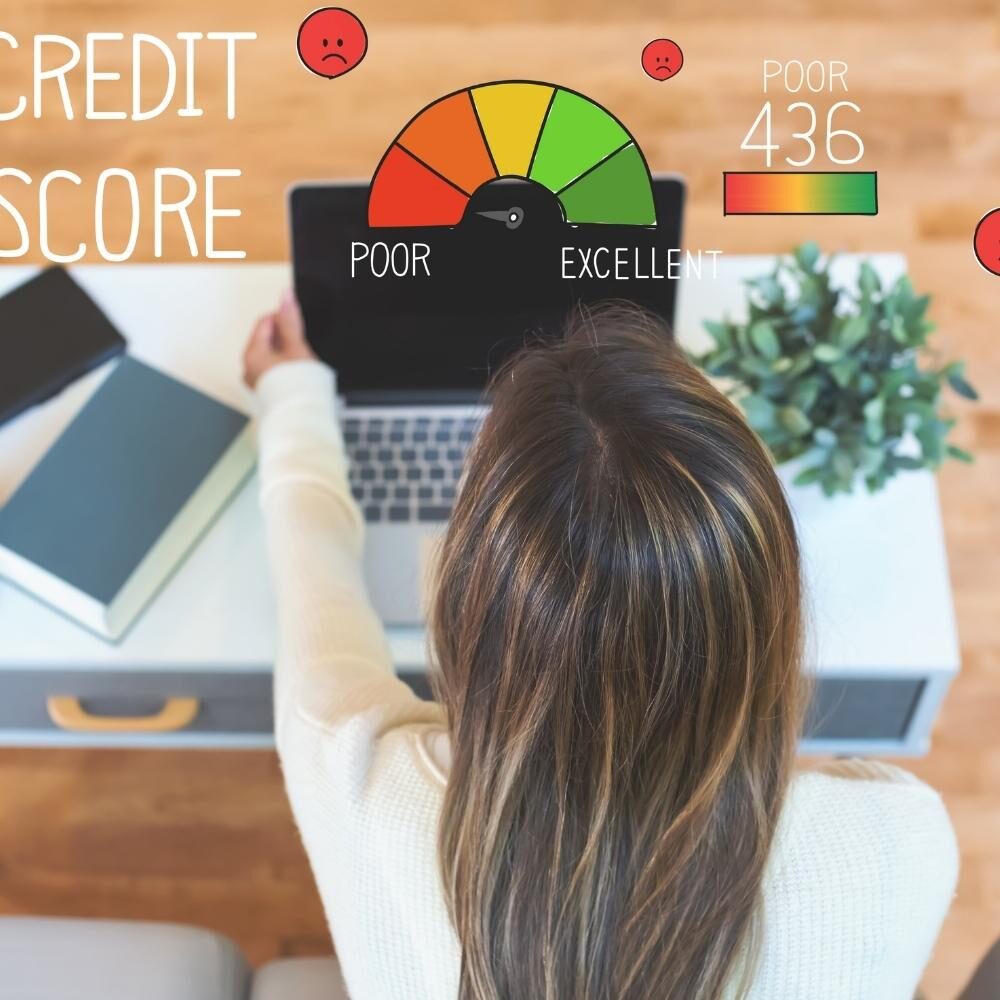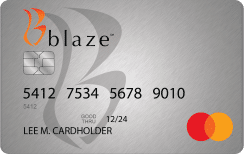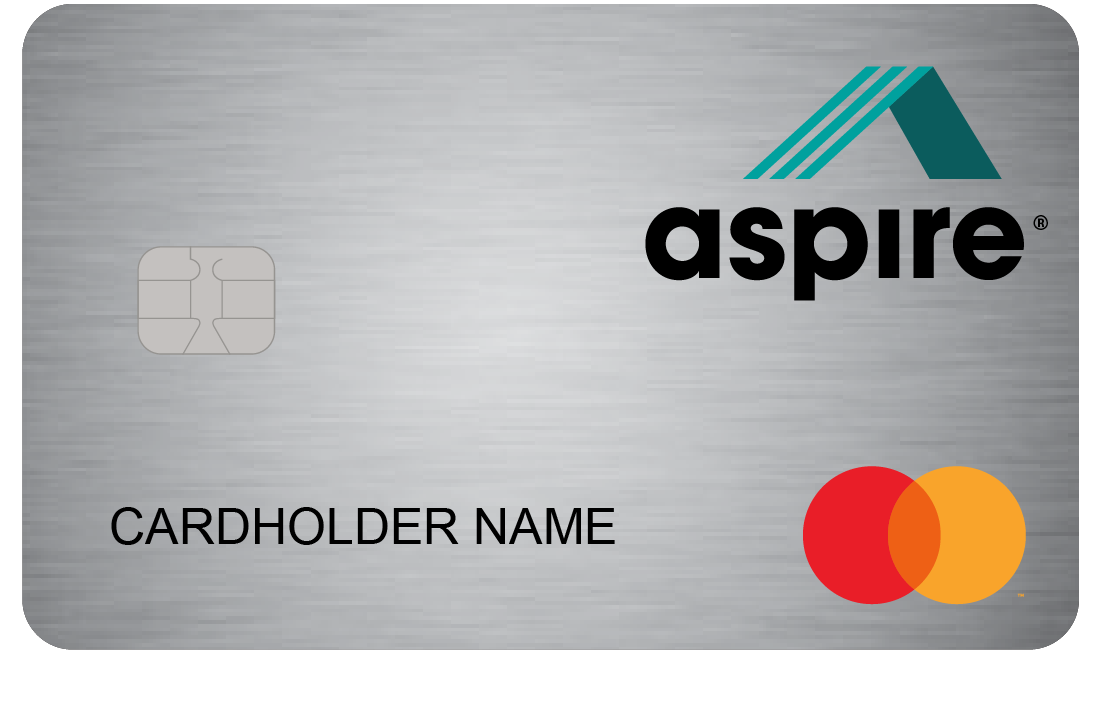
How to get a credit card with bad credit
Bad credit can hurt your ability to access financial products including credit cards. Borrowing costs are very high and approval may not come easily. Furthermore, if you apply and get rejected, this could worsen your credit score.
While your options are limited, and you won’t be receiving any luxury perks, having a credit card can help you in the long run. Building better habits around managing money and making repayments on time can help improve your creditworthiness and increase the confidence a lender will have in your ability to repay debt.
Comparing credit card offers for bad credit is fast and easy:
Compare Best Credit Card Offers
Best Credit Cards for Bad Credit in July, 2025
Not sure which credit card is right for you?
No worries, we've got you covered! Compare multiple credit card options to choose the best card for your needs.
What is considered bad credit?
If you have poor or bad credit, you likely have a history of misusing credit. This leads lenders to lack confidence in your ability to make on-time payments in the future. There’s a strong chance you’ll be denied for future loans and credit, and if you do receive approval, it’ll be at the expense of high borrowing costs and unfavorable terms.
Based on the FICO credit scoring system where the score ranges between 300 – 850, a score of 300 – 579 is considered a poor credit score. Multiple factors determine your credit score including payment history, the amount owed, length of credit history, credit mix, and recent activity. Typically, the amount owed and payment history have larger weightings in the calculation.
What causes bad credit and how can I improve it?
Bad credit results from a misuse of financial products where obligations of your credit agreement are not met. Common causes include late payments, default, bankruptcy, high debt balances, account charge-offs, and maxed-out credit cards.
It’s likely that if you have bad credit, you’ll find it difficult to obtain approval for credit as the lender will judge your ability to repay as high-risk. In addition, your options for refinancing other debt will be limited.
However, there are ways to rebuild your credit profile that could help you get access to better financial products and more competitive interest rates. These include:
- Make payments on time: Your payment history has the largest weight when calculating your credit score making up 35% of your FICO score. Paying your monthly bills and repayments on time will help to improve your creditworthiness. If you’re likely to miss a payment, it’s a good idea to call up the lender and come up with an alternative repayment plan that can help you meet your obligations. If you’re experiencing financial hardship, you may be eligible to receive forbearance on your credit card payments, have late fees waived, and temporarily stop payments.
While these options can seem like an adequate safety net, it’s important to note that you’re likely to continue to accrue interest on your balances. This can increase your credit utilization rate and negatively impact your credit score.
- Lower your credit utilization ratio: The credit utilization ratio has the second-largest weighting in the FICO calculation. When you pay down debt, you lower your ratio, which is an indicator of how much debt you are using relative to your credit limits. For instance, if your credit limit is $1000 and your balance is $500, your ratio is 50%. Aim to get your ratio below 30%.
- Limit hard inquiries: As you aim to increase your credit score, avoid applying for new loans and credit unless needed. Multiple credit applications can harm your credit score as your lender performs a hard inquiry for each application. When applying for credit, it’s a good idea to see if you can prequalify with a soft credit check.
- Keep old accounts active: Keeping your old accounts active can help to build up your credit history which can improve your credit score.
What kinds of credit cards can I get with bad credit?
When you have bad credit, there are typically two options for getting a credit card. These are unsecured credit cards and secured credit cards.
Unsecured credit cards do not require a deposit upfront that serves as collateral. A lender is dependent on your ability to pay back your balance.
A secured credit card requires a cash deposit equal to the credit limit. If you do not meet repayments, the lender will use the deposit as repayment. This deposit enables the lender to cover their risk of lending to you.
What is the easiest credit card to get approved for with bad credit?
The easiest credit cards to get approved for when you have bad credit are secured credit cards. Getting approval isn’t guaranteed as it’ll depend on your credit profile and you'll need to meet the requirements such as having sufficient income. Here are a few that you can consider:
- Capital One Platinum Secured Credit Card: With no annual fees, the Capital One Platinum Secured Credit Card can help you rebuild your credit score and increase your credit limit in a few months with no additional deposits required.
- OpenSky Secured Visa Credit Card: This main advantage of the OpenSky Secured Visa Credit Card, is that it doesn’t require a hard credit check and therefore can be easier to qualify for. However, there is an annual fee of $35 to consider.
- First Progress Platinum Prestige Mastercard Secured Credit Card: With one of the lowest APRs available for secured credit cards, this could be a reasonable option if you’re likely to carry balances forward each month. There is a $49 annual fee and no rewards program.
- Capital One Quicksilver Secured Cash Rewards Credit Card: With an easy approval process, you can see if you are approved within seconds. There are no annual fees and you can earn up to 1.5% cashback. With responsible use, you could be considered for a higher credit limit in as little as 6 months.
- Applied Bank Secured Visa Gold Preferred Credit Card: No credit check is required and there is no minimum credit score. With a low fixed APR of 9.99%, you can be approved for a credit limit of $200 - $1000. The annual fee is $48 and you’ll need to provide a cash deposit equal to your credit limit upon approval.
- OakStone Secured Mastercard Gold Credit Card: Credit lines available start from $200 and go up to $5000. There are no minimum credit score requirements and no processing fees or application fees.
What do I need to do to apply for a credit card with bad credit?
There are many ways you can improve your chances of getting approved for a credit card. Some helpful tips to keep in mind are:
- Check your FICO score: Before you apply it’s a good idea to check your credit report for ways that you can improve. This may include consolidating and paying off debt, improving your credit utilization ratio, and paying current bills on time.
- Look for preapproval credit cards: Prequalifying for a credit card does not require a hard credit inquiry which can temporarily ding your credit score. If you prequalify, you can go ahead and submit your application. If you’re denied, you have the option to look elsewhere with no adverse effects on your credit score.
- Apply for credit cards that require a low credit score: While it can be tempting to look at the credit cards with exclusive reward programs and luxury perks, it’s almost certain that you’ll be denied. Focus on secured and unsecured credit cards which require a lower credit score. As you rebuild your credit profile, you can look to upgrade later.
How to get a credit card with bad credit
When shopping around for a credit card, evaluate your financial situation and your spending patterns to find the best credit card for you. If you’re unlikely to carry balances over to the next month, you may find a card that has a cashback program albeit with a high-interest rate a good option. Alternatively, if you prefer to keep your costs low, a card with no annual fee might be better. Whichever option you choose, be sure to monitor your credit report over time as this can help you understand where you can make improvements.
Are credit cards worth it for bad credit?
If you’re likely to carry your balances over to the next month, credit cards for bad credit come with high-interest rates that can spiral quickly out of control. Furthermore, secured credit cards require a cash deposit which can tie up your money and prevent you from using it in an emergency or gaining interest in a savings account.
Credit cards are only worth it for bad credit when you’re seriously considering improving your credit score, keeping your account balance low, and making your monthly repayments on time. If you’re unlikely to commit to this, you could risk worsening your score and restricting your access to future credit even further.
With responsible use, you’ll be able to rebuild your credit profile and gain access to more competitive rates and financial products.
Quick links

What Type of Credit Card Do You Need?
Find Best Credit Card Offers
Credit Cards By Category
0% APR Credit Cards
Airline Credit Cards
Balance Transfer Credit Cards
Business Credit Cards
Cash Back Credit Cards
Hotel Credit Cards
Low Interest Credit Cards
No Annual Fee Credit Cards
Prepaid Credit Cards
Rewards Credit Cards
Secured Credit Cards
Student Credit Cards
Travel Credit Cards
Credit Card Issuers
Capital One®
Chase®
Citi®
Credit One Bank®
Mastercard®
Visa®
ADVERTISER DISCLOSURE: PashaFunding.com operates as an independent credit card comparison/review website. We want to be transparent with our users and disclose that we may receive compensation from various card issuers when users acquire credit cards through our site. This compensation may impact the placement and display of products on our site, including their order within listing categories.
EDITORIAL DISCLOSURE: The content and reviews on PashaFunding.com are prepared by our in-house staff. We strive to provide accurate and up-to-date information, but we cannot guarantee the reliability of all credit card details. To review the specific terms and conditions for a particular credit card, please click on the "Compare Credit Cards" links, which will redirect you to the card issuer's website. It is important to carefully review all the information provided by the issuer before making any decisions.











